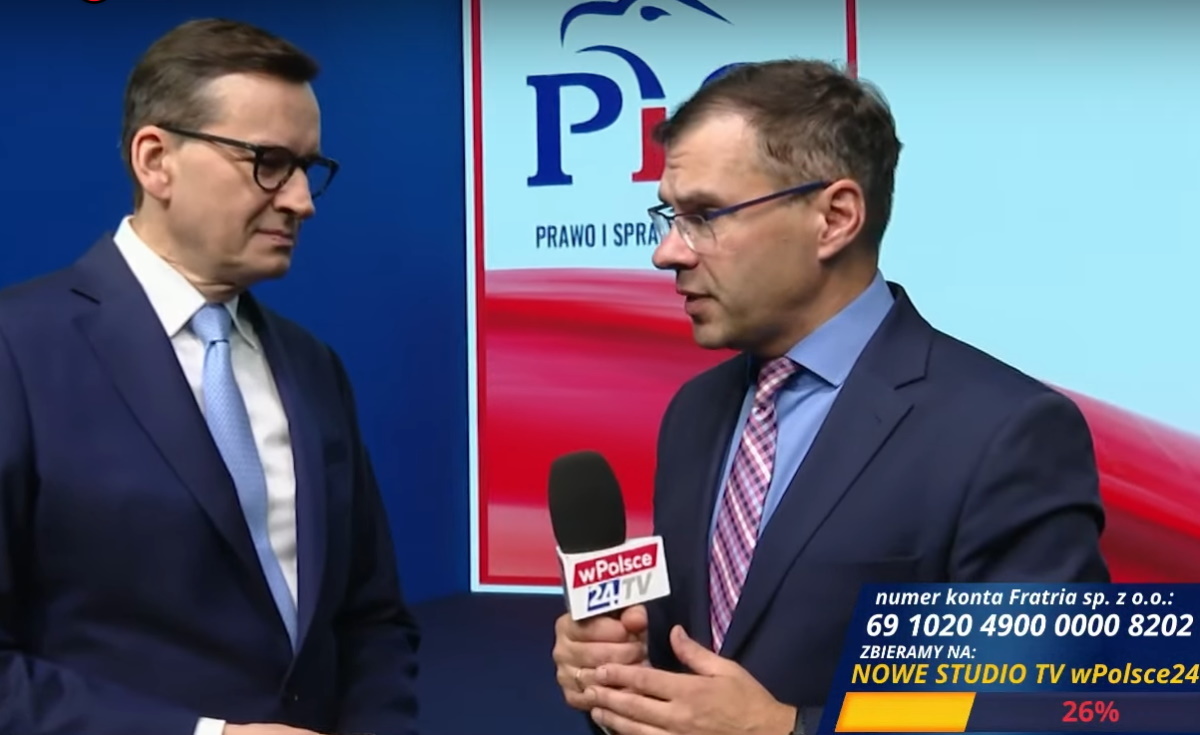There is simply a saying that all Pole learns in the early years of simple school: “No work no knocks”. It's a simple regulation that's worked perfectly for centuries. So why have we decided present to abandon it for an always higher minimum wage, which supposedly "protects the dignity of workers"? Do we truly want to build a society where hard work loses to forced law laziness?
Polish labour marketplace is sick. Poles are not willing to work, and employers gotta recruit hundreds of thousands of abroad workers – in the years 2022-24 alone spent over a million work permits for foreigners.
Is there any way to save the situation?
Two simple (although painful for some) solutions are adequate to reconstruct common sense to the Polish labour market:
- total elimination of minimum salary (month and hourly),
- complete abolition of the Labour Code and replace it with more detailed civilian agreements.
This is not populism or a joke, but a necessity if we want Poland to make like a modern state, not crawl towards socialist frosts.
Licensing licensed
Let's take a look. which actually causes a minimum salary. He seems to defend his employees. But who is he truly protecting? Lazy, unreliable and just weak. Those who know that regardless of their commitment, they will always get theirs. This approach kills what is most crucial at work – motivation. After all, why effort erstwhile the minimum pay is already on the account?
As a result, young people, fresh after college, and frequently without them, request a wage adequate for their own lives. However, this has never been the case before—and rightly so. Youth has always active the request to tighten the belt. Let us look for inspiration in the series Friends, where low wages were obvious, and sharing an flat with roommates normality, not social drama.
 The Crew from the Friends Show
The Crew from the Friends ShowIs hard work below the dignity of a Pole?
Not only the minimum salary, but besides the inflated labour code force Polish entrepreneurs to scope for labour from distant countries – Philippines, Colombia, India, Nepal, Uzbekistan, Venezuela, or another exotic places. any of them only turn out to be troublemakers, which sometimes (fortunately rarely) It ends like this:
 A place (in Nowe k. Świecie), where 41-year-old Pole was killed by a fight and stabbed by a 29-year-old citizen of Colombia, who got a chance to work and better life in Poland, due to the fact that Poles do not want to work in meat factories.
A place (in Nowe k. Świecie), where 41-year-old Pole was killed by a fight and stabbed by a 29-year-old citizen of Colombia, who got a chance to work and better life in Poland, due to the fact that Poles do not want to work in meat factories.Do we truly want our companies to gotta save themselves from inexpensive labour from abroad due to the fact that local workers have stopped wanting?
In the past, erstwhile the labour code did not match an encyclopedia of absurds, people had a natural motivation to work. They were arrogant to gain their own and their children's hard work, not counting on the protective umbrella of the state. Today, alternatively of arrogant workers, we have a claim generation, raised on the promises of social guarantees.
Freedom alternatively of Archaic Rules
Instead of fictitious rules that only multiply litigation, let's be clear, voluntary contracts. Let's make a deal: nobody forces anyone to work. individual who signs a contract under certain conditions does so consciously (and if not, the another organization most likely commits a serious crime).
Let us so require compliance with these agreements without exception, and we will not request an additional code that creates a field of abuse for lazy workers, covering themselves with paragraphs alternatively of solid work.
The Polish labour marketplace needs extremist changes – courage to admit that not all occupation must give a comfortable life, especially at the start of a career. We request a mentality in which ambition and industriousness are more valued than social safety guaranteed by the law.
It's time to halt raising a generation of lazy. It is time to reconstruct common sense and the ethos of hard work where they belong – to the center of our national identity.









